Finding your way in homeschooling so your kids want to learn and you aren’t overwhelmed by it all.
If the recent changes in education have you pondering whether or not maybe you could homeschool after all, but you don’t know where to start, this is the blog post for you.
We lead more of an "unschooling" tempo in our home and none of our 8 children has ever been schooled in a brick and mortar setting. Our oldest is 20, our youngest is two.
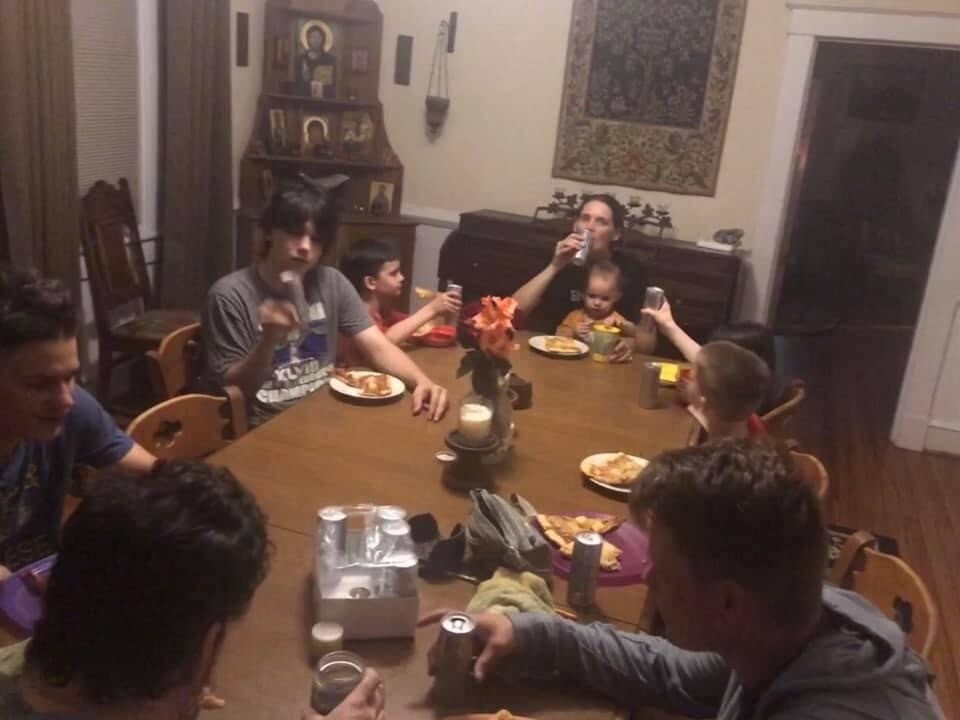
1. general rule of thumb: for every year your child was in a “regular“ school, they will need about a month at home doing "nothing" to get out of the mindset of needing to be spoon-fed all of the information. (It may look like nothing to you, but be assured that it is not!) They will need time to "deschool" and to see that it does not work the same way, and that is okay. (Side note - I have seen this same idea apply to retiring from the military as well.)


- They have a good moral compass
- They have a solid foundation in the teaching of our church
- They know the basics for math, and can read and comprehend well. With these basics down solid, (we felt) they can teach themselves anything they want to learn!
- They need to have a very good understanding of historical events, and how they led to where we are now
- They need to know how they learn
- They need to given the freedom to still be curious enough about the world around them to ask questions and still want to know more. (You'd be surprised at how many kids lose this desire and curiosity!)
For us - these became a compass to look to when we were making a decision on what to change in our homeschooling methods. Sitting at a desk doing "school at home" was killing that desire to learn in our sons. It was me yelling at them to get it done and them spending an entire day on five math problems.
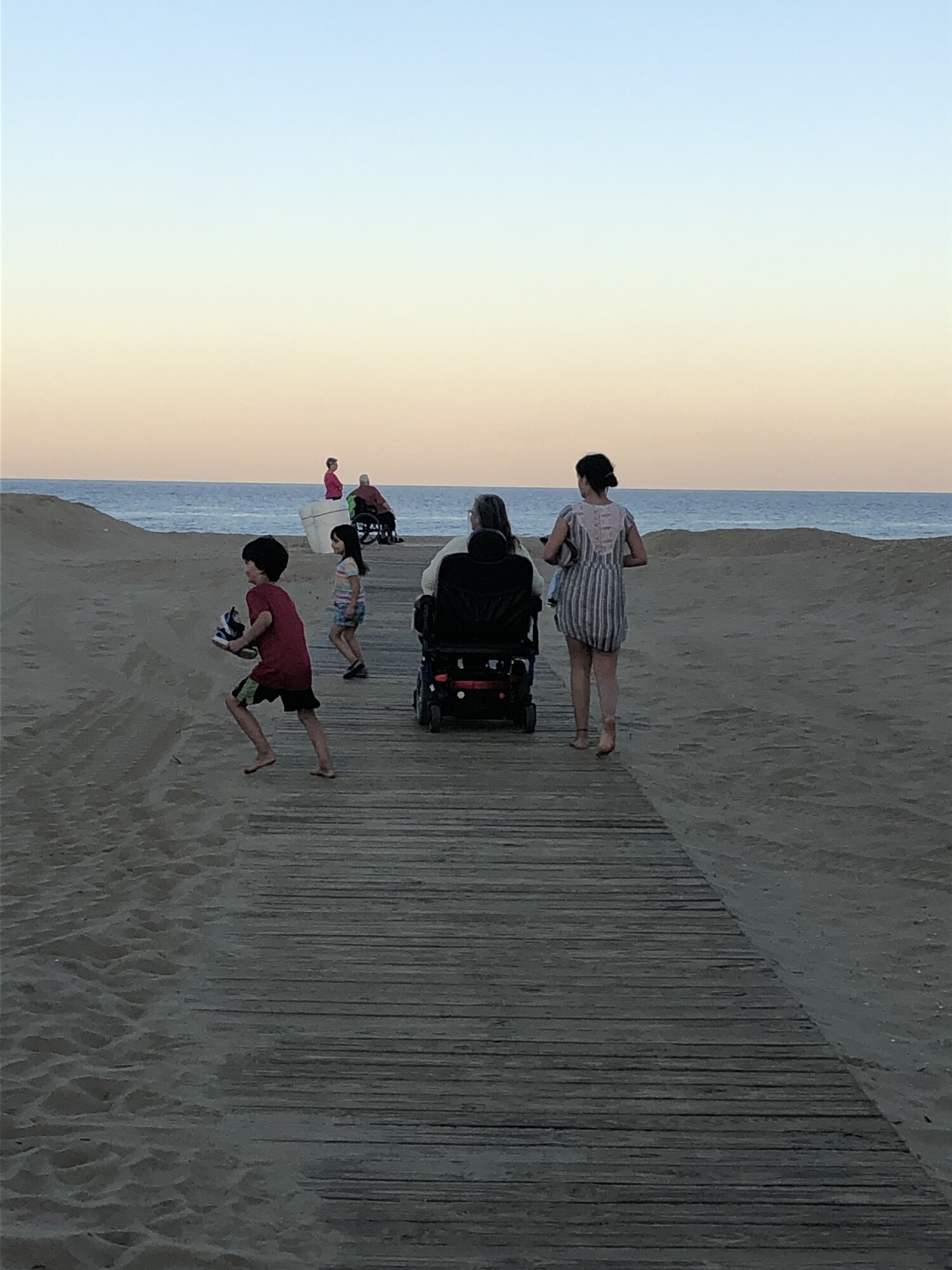 Here is what led to this decision: I took them on a nature hike one day and told my then-7 yo that we were going to take pics for his hs portfolio. He looked at me and said: This can't be school. School is not fun like this. And I thought, “I’m doing this wrong. Something has to change.”
Here is what led to this decision: I took them on a nature hike one day and told my then-7 yo that we were going to take pics for his hs portfolio. He looked at me and said: This can't be school. School is not fun like this. And I thought, “I’m doing this wrong. Something has to change.”He later learned that to really achieve your goals it won't always be fun. And he learned that closer to 11 than 7. And he is now 20 and in an amazing apprenticeship to become an HVAC tech - he decided to forgo college for this time because he wanted a trade to fall back on first, and wants to earn enough to go to college debt free, while owning his own home, and starting a family.
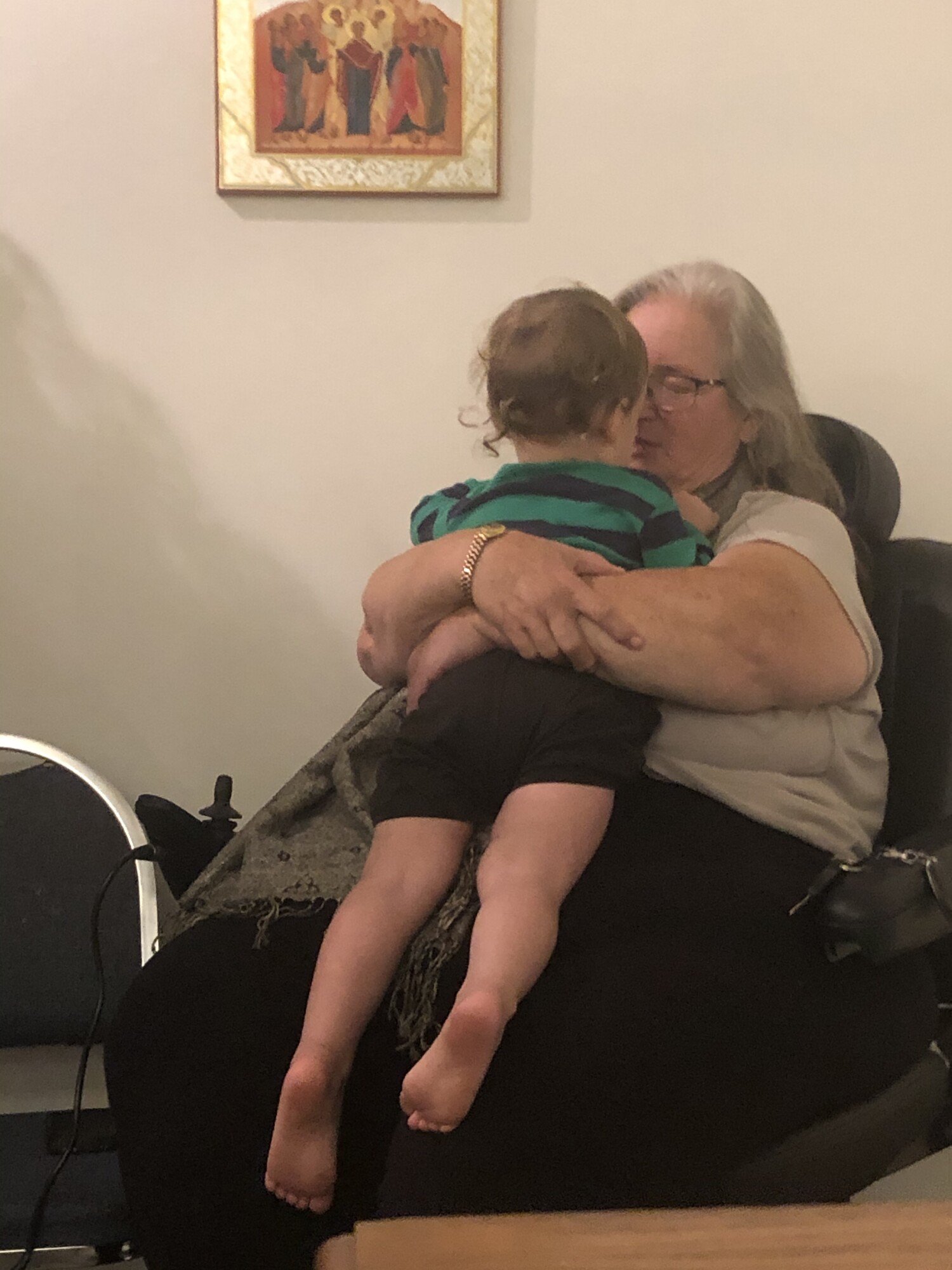
3. Talk to your children, a lot. Through discussion, you'll see what they know, what they misunderstand, and where they're going in line with your compass. It satisfies that question: If you don't do testing, how will you know what they've learned?
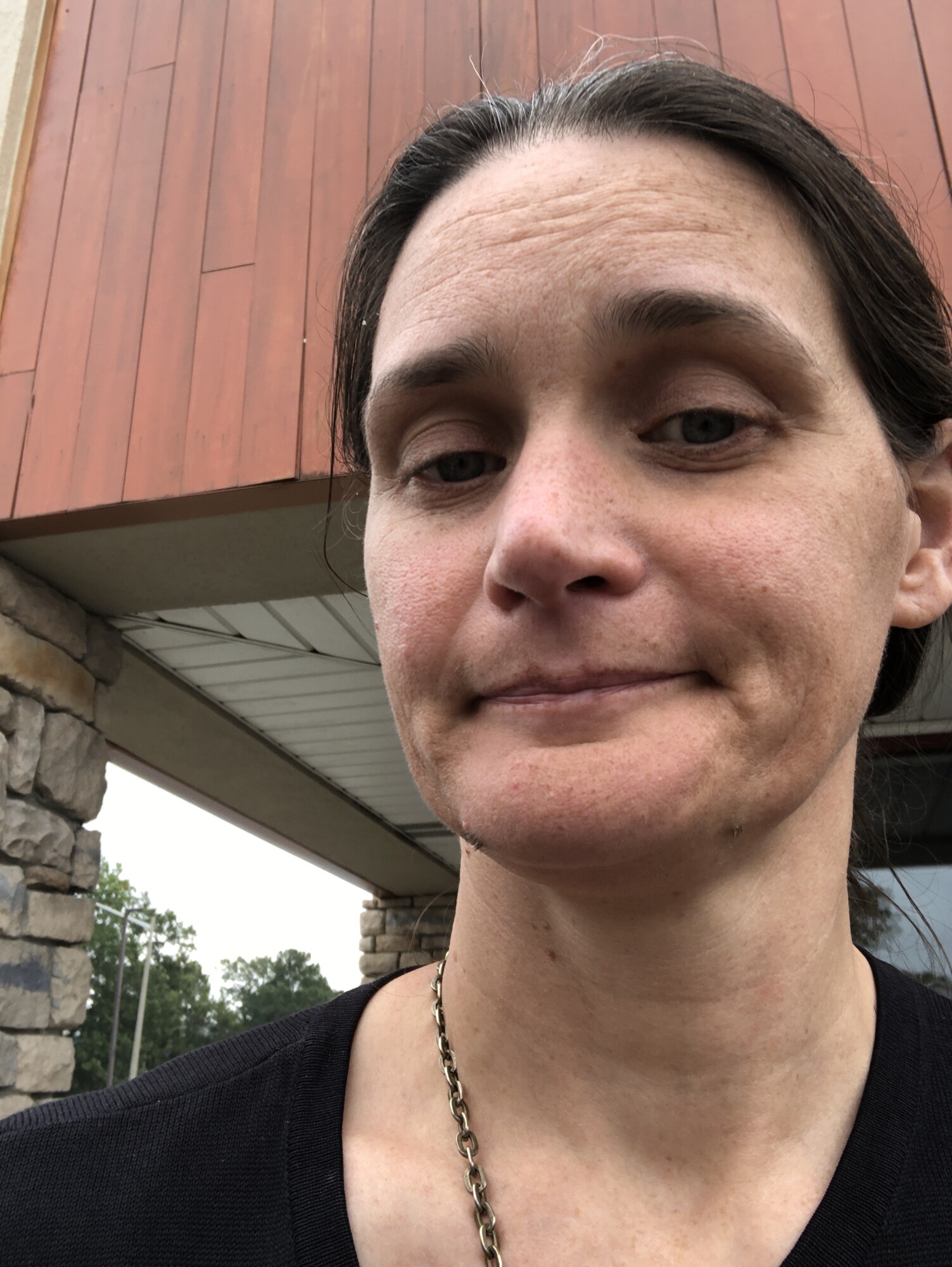 4. Sometimes, unschooling can make you question your sanity. It can make you doubt yourself and your kids. It can make you worry about "missed" knowledge, experiences, or gaps. Look back to your compass. How are they lining up with those things? Try to keep it simple.
4. Sometimes, unschooling can make you question your sanity. It can make you doubt yourself and your kids. It can make you worry about "missed" knowledge, experiences, or gaps. Look back to your compass. How are they lining up with those things? Try to keep it simple.
5. Finally, junior high seems (to me) to be a time of immense emotional testing, boundary testing, etc. On top of that, they want to *earn* but (seemingly) not to *learn*. But be reassured that they are still learning. I try to let them work on jobs as much as I can in this phase. And I let them be BORED. Our kids don't get phones until they are at a job outside of the home, so closer to 16 or 17 at the earliest. This is partly to encourage that boredom. When they are not so easily entertained, they look to learn new things and figure things out on their own.
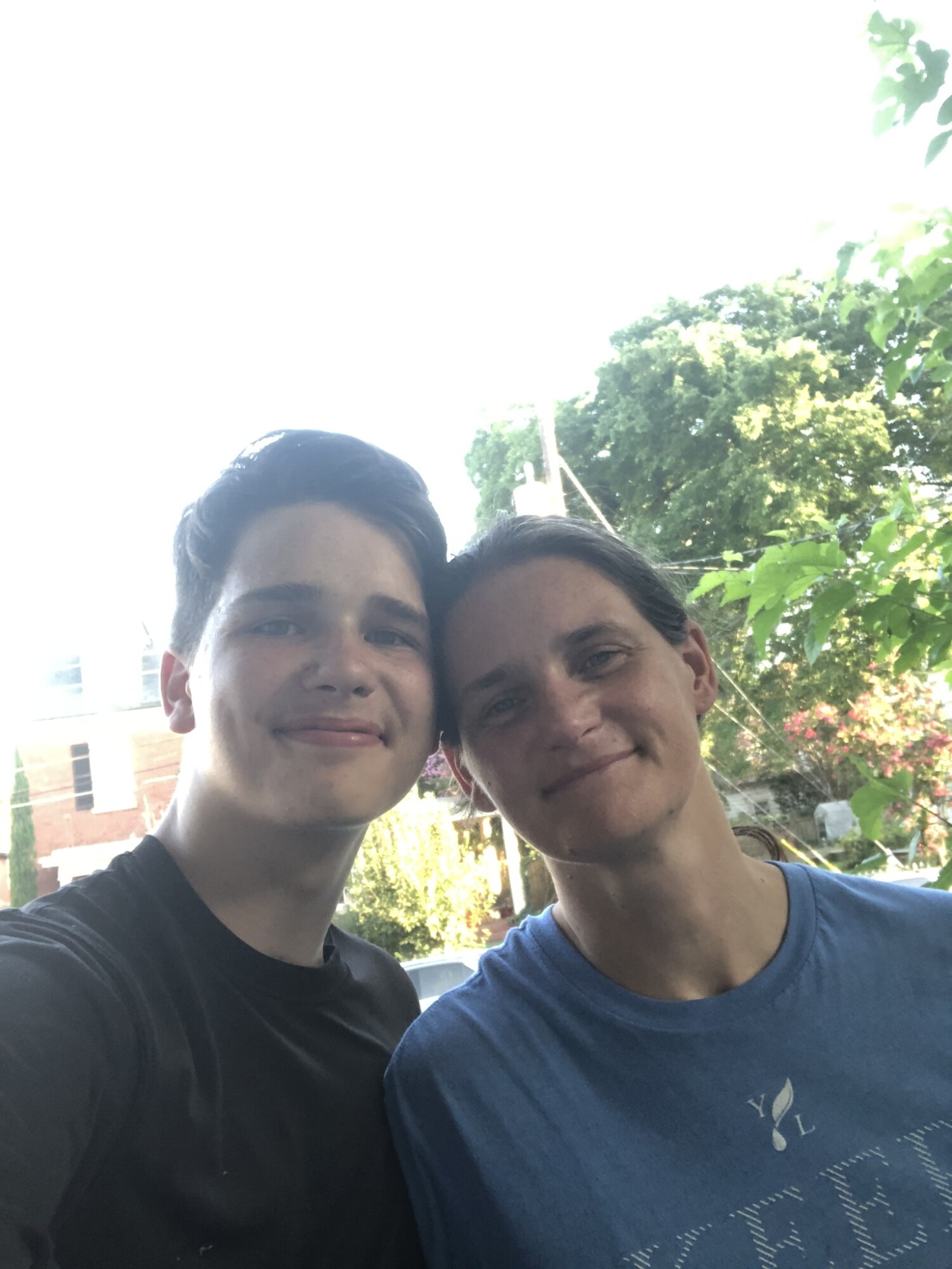 Around 15, they start to pick up the textbooks and learning books we have in our home because they see a renewed value and interest in learning and education. They fill in the gaps on their own. This has now worked for all three of our oldest children.
Around 15, they start to pick up the textbooks and learning books we have in our home because they see a renewed value and interest in learning and education. They fill in the gaps on their own. This has now worked for all three of our oldest children.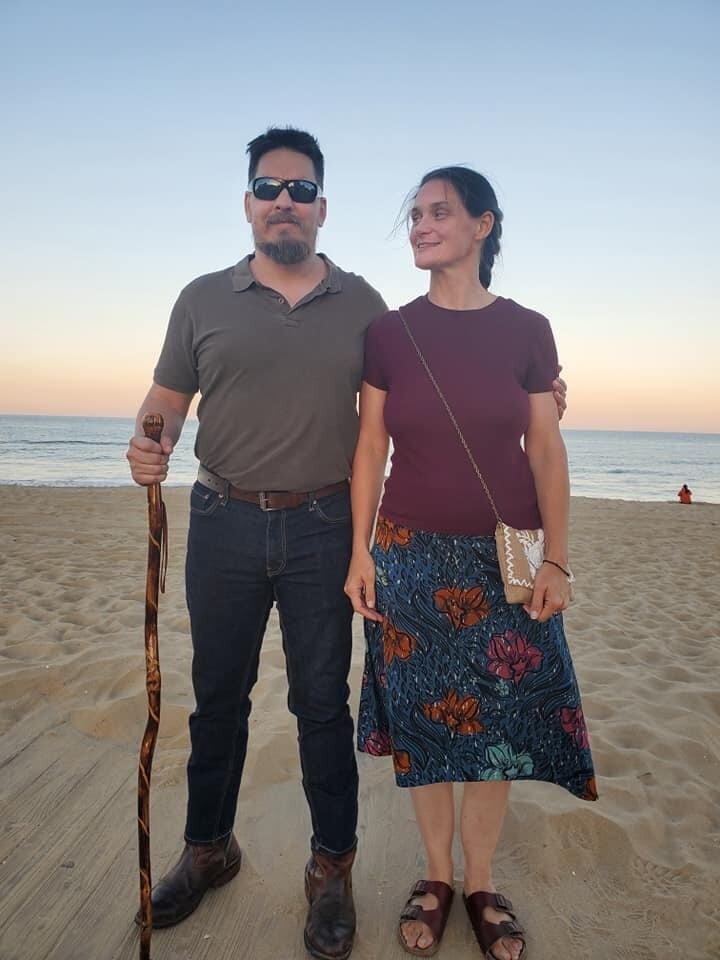
Above all - you can do this. Set your mind and determination on how long you'll go with it. That will determine... how long you'll stick with it. In our home, brick and mortar schools were not an option. We decided homeschooling was what we were going to do. We have not wavered in that and it is serving us well. Good luck. If I can answer any questions or offer any help - feel free to shoot me a message.
















1 Comment